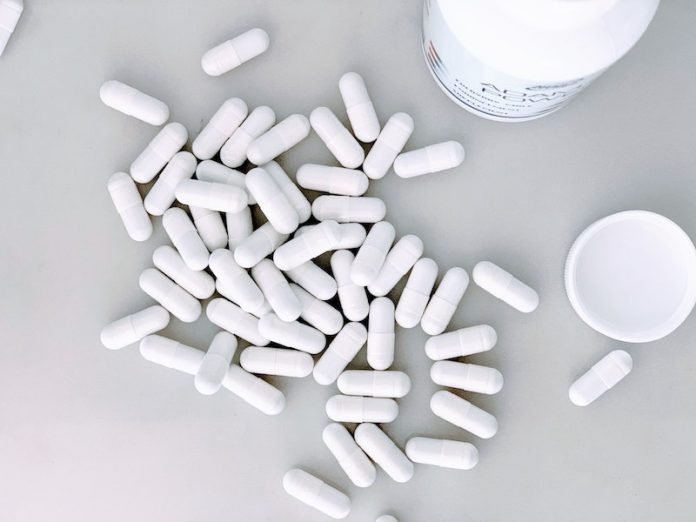
In a new study, researchers developed a ring-shaped molecule called a macrocycle that’s designed to gum up the machinery of the COVID-19 virus by blocking the action of an enzyme essential for it to reproduce.
They then found it could block the action of the coronavirus enzyme. The macrocycle binds to an enzyme molecule called the main protease that’s necessary for the virus to function.
The protease cleaves long strings of proteins that the virus forces its host cell to make into separate components, which the virus then uses to keep replicating.
The research was conducted by a team at the University of California, Irvine.
A previous study in another group has found the range of shapes that the coronavirus’s main protease can take.
Identifying these various structures is what allowed the team to design a macrocycle that can lock onto the coronavirus.
This strategy for stopping the protease is the same employed in a key class of drugs for treating human immunodeficiency virus. But because the viruses are so different, the same inhibitors can’t be used for both.
The team named the macrocycle University of California, Irvine Coronavirus Inhibitor-1, or UCI-1, to indicate that it’s the first molecule in what will still be a long journey to create a drug to treat or prevent COVID-19.
Now that the team has a prototype called an “initial hit,” they need to make additional molecules that are more effective in blocking the protease. Then they must figure out how to actually deliver the best molecule to infected cells.
One author of the study is James Nowick, a professor of chemistry.
The study is posted on the preprint server bioRxiv.
Copyright © 2020 Knowridge Science Report. All rights reserved.



